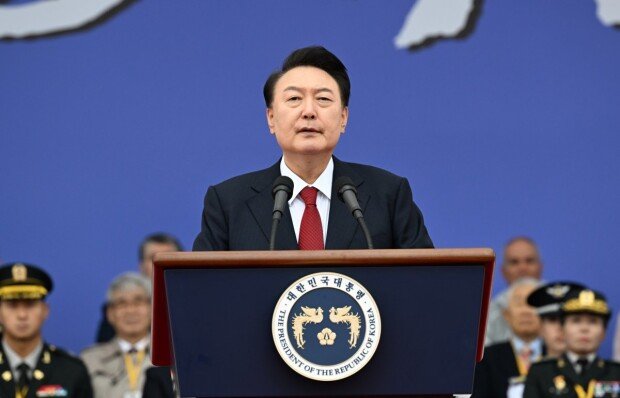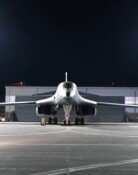N. Korea escalates provocations as U.S. presidential election nears
N. Korea escalates provocations as U.S. presidential election nears
Posted October. 02, 2024 07:36,
Updated October. 02, 2024 07:36

With the U.S. presidential election just 35 days away, North Korea has escalated its provocations to target the U.S. mainland, sparking concerns that tensions may peak in October.
South Korean and U.S. officials are particularly focused on the possibility that North Korea, which has been primarily conducting provocations against South Korea with short-range ballistic missiles capable of carrying nuclear warheads, may soon shift its attention to the U.S. Ahead of the U.S. election, North Korea could stage a large-scale provocation such as an intercontinental ballistic missile (ICBM) test. There is speculation that North Korea could launch an ICBM at a normal trajectory of 30 to 40 degrees, which could potentially reach the U.S. mainland. This move would allow North Korea to demonstrate its ability to target both South Korea and the U.S., further raising tensions. Analysts also believe North Korea could conduct its seventh nuclear test after the U.S. election, seeking to force the new administration to recognize it as a nuclear-armed state.
North Korea has previously test-fired ICBMs with ranges exceeding 5,000 kilometers, but only at steep angles. In April and July of 2023, North Korea launched its new Hwasong-18 ICBM at a standard trajectory, but the missile’s range was limited to a highly lofted path of 1,000 kilometers in the second and third stages, raising doubts about whether the country has successfully developed re-entry technology, a key capability for an ICBM.
Yang Wook, a researcher at the Asan Institute for Policy Studies, suggested that North Korea might launch a missile in the direction of the Philippines, as it has previously launched spy satellites in that area. He also speculated that North Korea could fire the liquid-fueled Hwasong-17 missile at a normal trajectory. Recently, North Korea released a photo showing Kim Jong Un inspecting a 12-axle transporter erector launcher (TEL), which is longer than previous models, hinting at the development of a new ICBM capable of carrying heavier warheads.
After demonstrating its missile capabilities, North Korea may push forward with a nuclear test, demanding that the next U.S. president acknowledge its status as a nuclear power. Kim Song, North Korea's permanent representative to the United Nations, stated during a U.N. General Assembly speech on Monday that North Korea would never "bargain over its national prestige" and warned that any future U.S. administration would have to contend with a DPRK that is vastly different from what they had previously imagined.
Kyu-Jin Shin newjin@donga.com





![[단독]“거부도 못해” 요양병원 ‘콧줄 환자’ 8만명](https://dimg.donga.com/c/138/175/90/1/wps/NEWS/IMAGE/2026/03/02/133450041.2.jpg)

